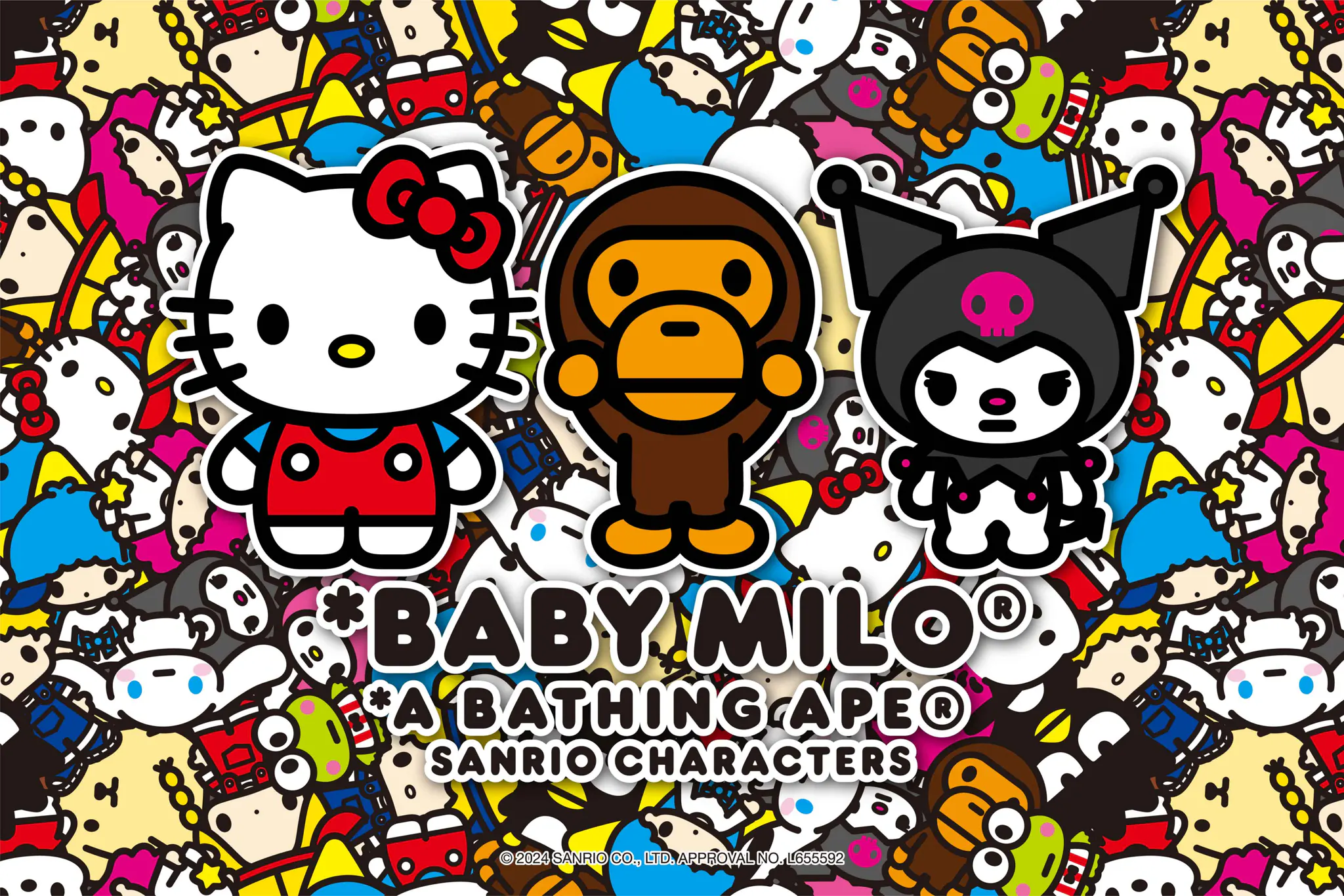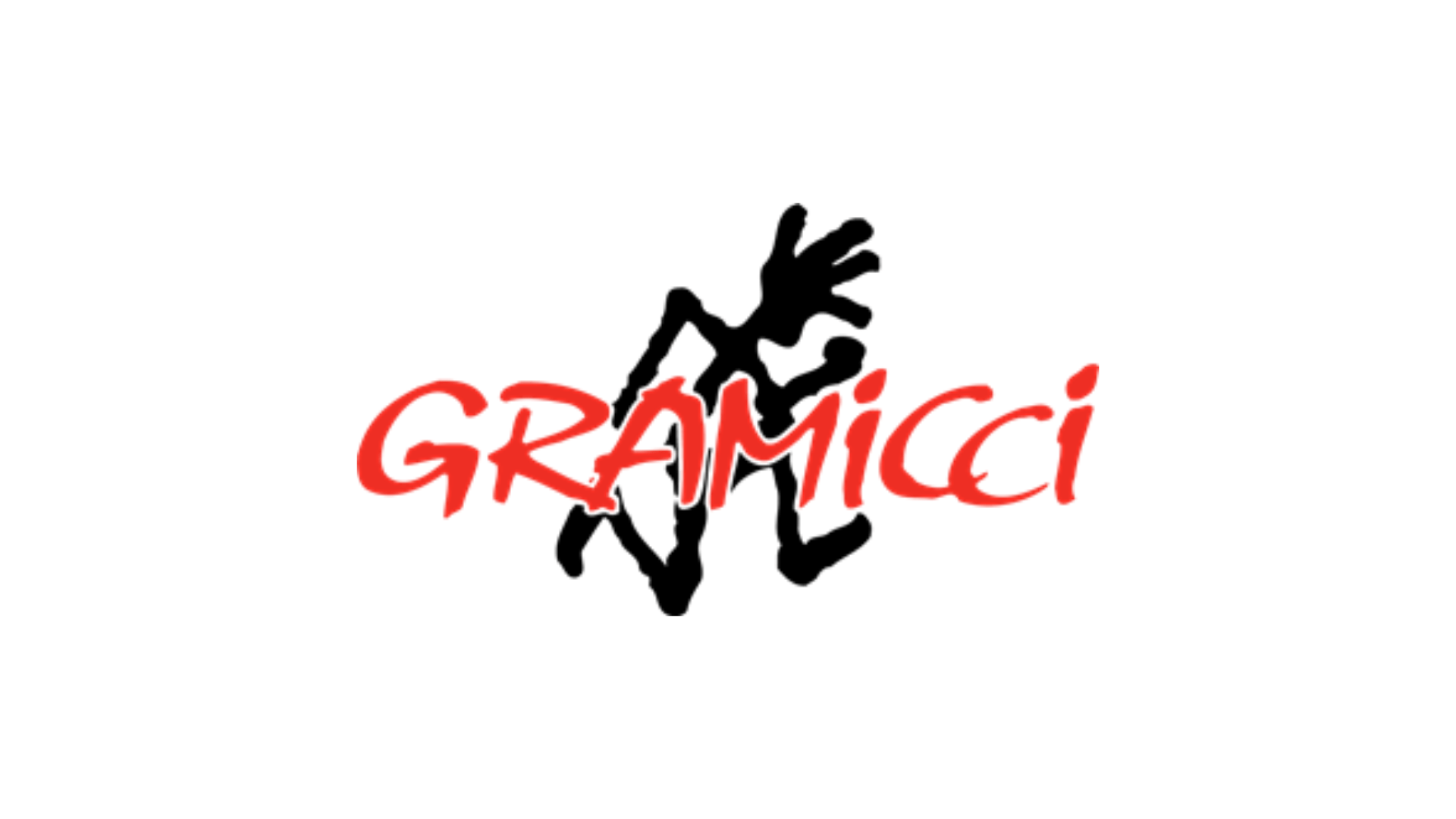A Bathing Ape (BAPE) is a Japanese streetwear brand founded by Tomoaki Nagao, known as Nigo, in 1993 in the Ura-Harajuku district of Tokyo. The brand has become one of the most iconic names in global streetwear, blending Japanese culture with Western influences, particularly hip-hop and pop culture.
Origins and Name

- Nigo, a fashion visionary and former editor at Popeye magazine, opened a store called “Nowhere” in Harajuku with Jun Takahashi of Undercover. This store became the birthplace of BAPE.
- The name “A Bathing Ape” is inspired by the 1968 film Planet of the Apes and the Japanese idiom “a bathing ape in lukewarm water,” which humorously critiques overindulgence and complacency among youth from wiki.
- The brand’s logo—a stylized ape face—was influenced by Planet of the Apes and 20th-century pop art.
Design Aesthetic
- BAPE is known for its bold, colorful designs, including its signature camouflage print, shark hoodies, and BAPESTA sneakers. The camo print incorporates the iconic ape face and reflects Japanese fashion’s fascination with military aesthetics.
- The shark hoodie, inspired by military artwork on fighter jets, became a hallmark of the brand. Similarly, the BAPESTA sneakers echoed Nike Air Force 1s but with vibrant colorways and a star-shaped logo.
Rise to Prominence
- BAPE gained traction in Japan during the 1990s as part of the Urahara streetwear movement. Its exclusivity was initially due to limited production, as Nigo could only afford to manufacture small quantities.
- In the early 2000s, BAPE expanded internationally, largely due to its association with hip-hop culture. Artists like Pharrell Williams, Kanye West, and Lil Wayne wore and promoted the brand in music videos and collaborations.
- Nigo partnered with Pharrell to launch Billionaire Boys Club and Ice Cream retailers in 2005, further cementing BAPE’s influence in both fashion and music.
Cultural Impact
BAPE (A Bathing Ape) has had a profound cultural impact, blending Japanese streetwear aesthetics with global hip-hop and pop culture. Its signature camo prints, shark hoodies, and bold branding have become symbols of exclusivity and trendsetting within the fashion world. The brand’s collaborations with icons like Kanye West and global companies such as Adidas have further cemented its influence, making it a bridge between streetwear and luxury fashion while inspiring a new wave of creative expression worldwide.
- BAPE became synonymous with streetwear’s blend of scarcity and hype. Its products were not just clothing but cultural symbols that resonated with fans worldwide.
- Collaborations with brands like adidas, New Balance, Casio (G-Shock), Swatch, and even Rolex (BAPEX) elevated its status as a lifestyle brand.
- The brand’s influence extended beyond fashion into music and art, being referenced in songs and featured prominently in hip-hop culture.
Challenges and Ownership
- By 2010, BAPE faced financial difficulties due to rising competition and counterfeit markets. In 2011, it was sold to Hong Kong-based I.T Group for $2.8 million.
- Nigo left BAPE in 2013 but remains an influential figure in fashion through other ventures. Despite his departure, BAPE continues to thrive globally.
From its humble beginnings in Harajuku to becoming a global streetwear powerhouse, BAPE has left an indelible mark on fashion and culture while maintaining its roots in innovation and exclusivity.
BAPE (A Bathing Ape) continues to solidify its position as a leader in the streetwear industry by embracing innovation and cultural relevance. Recent trends highlight the brand’s focus on Gen Z audiences through collaborations with social media influencers, strategic use of TikTok and Instagram, and partnerships with brands like Adidas and initiatives such as their integration into web3 technologies. These strategies aim to foster deeper connections with a younger demographic that values exclusivity and self-expression.
BAPE’s Fall/Winter 2024 collection showcased at Shanghai Fashion Week reflects a dual emphasis on subculture aesthetics and nostalgic “campus life” themes, blending gritty underground influences with preppy styles. Additionally, the 20th-anniversary celebration of its iconic Shark Full Zip Hoodie highlights its enduring appeal while reintroducing innovative designs.
Looking forward, BAPE’s future appears promising as it expands its reach through collaborations with high-profile artists, innovative marketing techniques, and a focus on blending physical and digital experiences. This adaptability positions BAPE as a trendsetter in the evolving global streetwear market.
BAPE has gained significant traction in Asia, particularly in China, where the demand for luxury and exclusive streetwear is on the rise. As the brand continues to adapt to regional tastes while maintaining its global appeal, its ability to innovate and collaborate will likely play a pivotal role in shaping its future. With its strong cultural resonance and strategic expansion in dynamic markets like China, BAPE is well-positioned for continued growth and influence in the global fashion landscape.




